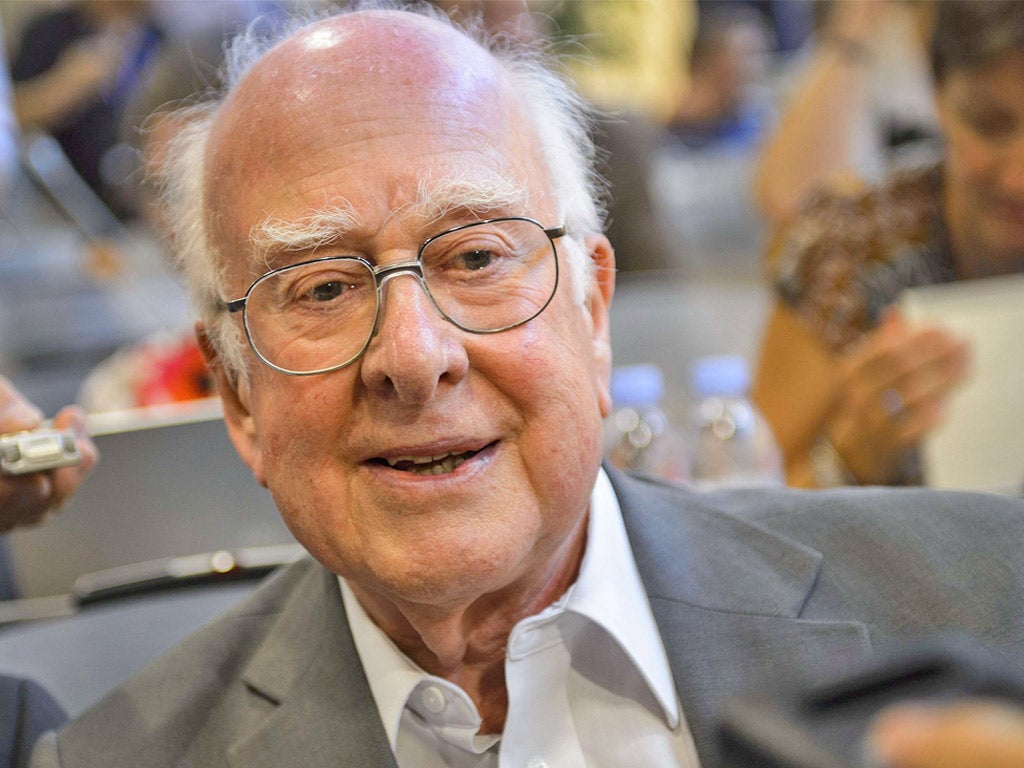An idea thought up on a rainy weekend

As an atheist with no desire to upset believers, Professor Peter Higgs has always hated the idea of a God particle. He has never been keen on the nomenclature of the Higgs boson either – referring to it as "the particle named after me" on the rare occasions he gives an interview.
But although his name will forever be attached to one of modern science's most profound discoveries - and he is a racing certainty for a future Nobel Prize – the 83-year-old University of Edinburgh academic remains little known outside his esoteric discipline.
The idea of the particle field was conceived on one rainy Scottish weekend in 1964 when a camping trip to the Western Highlands was washed out. Inspired by the work of fellow Cotham Grammar school boy Paul Dirac, Professor Higgs had eschewed the prospect of Oxbridge to study theoretical physics at King's College London.
But though considered brilliant by his tutors, the Newcastle-born son of a BBC sound engineer failed to secure a lectureship there and headed north. Yet his reputation for laboratory "accidents" meant some doubted he had a future as a serious researcher at all.
Meanwhile, his approach to quantum field electrodynamics was considered highly unfashionable and his first paper espousing his boson theory was politely rejected by Cern, only starting to gain scientific currency in the United States the following year. At the same time two Belgian physicists, Robert Brout and François Englert, were reaching the same conclusions – albeit by different methods – but they published after Higgs's first paper.
Relations between the three remain cordial. While it has taken nearly half a century for the world to prove the shy grandfather right, Professor Higgs has been garlanded with prizes for what he self-effacingly describes as his "one big idea".
Now an emeritus professor (he claims to be unable to understand the latest developments in his field) he is winner of the Dirac Medal and the Wolf Prize, an award for furthering the interests of mankind which he shared with Brout and Englert.
Professor Higgs has been a strong opponent of nuclear weapons, although he resigned from the CND when it opposed civil nuclear energy. He is also an environmentalist and keen hillwalker who quit Greenpeace over its rejection of genetically modified food. At the seminar which confirmed his theory, Professor Higgs wiped a tear from his eye, admitting that he never fully believed it would be realised in his lifetime.
Join our commenting forum
Join thought-provoking conversations, follow other Independent readers and see their replies
Comments
Bookmark popover
Removed from bookmarks